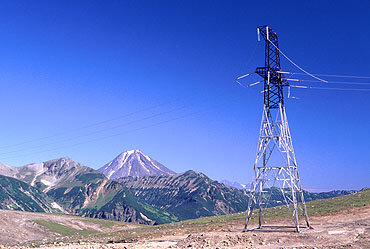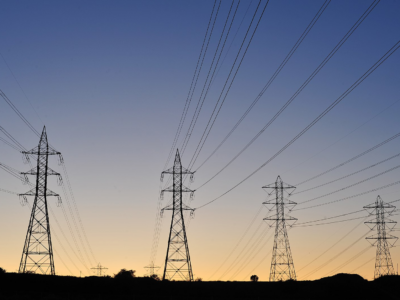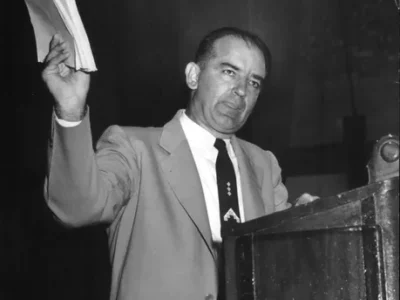A Tale of Two Cities
The old adage is that all politics is local. So is much, if not all, environmental policy-making. Recent reports from two American cities vividly demonstrate the wide gulf that often separates local efforts to adopt sustainable environmental and energy policies. 
A recent story in the Wall Street Journal reports the City of Boulder, Colorado’s groundbreaking efforts to create a “smart grid” for city residents. WSJ reporter Stephanie Simon writes that “a bold experiment” by Boulder officials is transforming the city “into a living laboratory by changing the way utilities manage–and customers use–electricity.” Boulder’s “SmartGridCity” project allows city residents to go online to determine how much power they’re using on particular home appliances, how much it costs them to switch on a particular appliance over any particular period of time and, soon, how to program some of their appliances over the Web, what sources they want their electricity to come from, etc. Conversely, the SmartGridCity project permits the local utility to reach into a neighborhood remotely to turn down participating customers’ thermostats or shut down high-energy customer appliances when necessary to ease demand on the utility’s power grid. Fascinating stuff.
Now, compare what Boulder’s doing on the energy front to (my home town of) Sacramento, California’s sorry record when it comes to water use and conservation. For many decades, Sacramentans pointed with pride to a provision of the municipal charter than bans installation of water meters on city residences. It was only in the past few years that the California Legislature trumped this libertarian-based local nonsense with an overdue state law requiring installation of water meters on all California residences. But the implementation schedule for this state mandate is languid, indeed: all Sacramento residents won’t actually have to install water meters for at least another couple of years. Meanwhile, California enters its third straight years of below-average rainfall and is staring at a major drought. All the while, Sacramento maintains the dubious distinction of being the most profligate water user, per capita, of any major city in the state. No wonder: the absence of any economic incentives, coupled with a lack of basic information about the level of household water use, doesn’t exactly motivate the local citizenry to conserve finite and increasingly scarce water resources.
An encouraging tale from the Rocky Mountain state, and a negative example from the Left Coast. Let’s hope we can learn from both.







Reader Comments